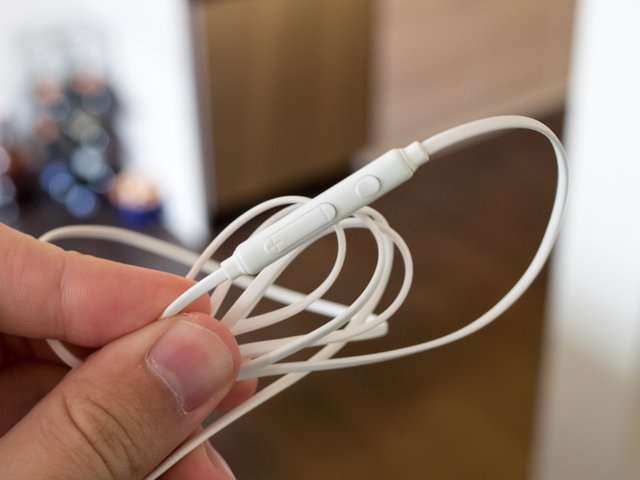
How do you take good care of your headphones? This is actually simpler than you think. The important thing is to provide regular maintenance as well as basic protection. They do not require any special care, but with a few simple steps, you can extend their useful life considerably.In this headphone maintenance guide, I will go over all aspects of the task so that you have a full set of tips which you apply. I have a large collection myself and I am really proud that all my headphones look and work perfectly. The good news is that you do not have to be involved in sound engineering professionally like me in order to do a good job when it comes to maintenance. Let me now get to the actual advice.
Protection
If your headphones are properly protected, they will require very little maintenance. More importantly, they will remain in excellent condition in the long term. This will save you hassle and money.Basics – You must never expose your headphones to humidity and direct sunlight for longer than an hour or so. You have to keep them away from magnets as these can distort their operation. Needless to say, they should be stored in a place where small children and pets cannot reach them.Carrying case – I highly recommend that you use a hard carrying case with soft lint-free protective lining for your headphones at all times. If you will not use them in the next few hours or days, you should place them in the case and put the case in a safe spot. The case will protect them from direct impact with a hard object, from moisture and sunlight and from accidental scratching and dropping.Stand – If you need your headphones to be at hand all the time, you should get a specially designed stand so that they stay in place and do not touch any unhygienic surfaces. That way, the risk of accidents and damage is a lot lower. I personally prefer basic solid metal stands, but you can also consider wood and plastic ones.
Cleaning
The cleaning of the headphones is the most important maintenance task that you will perform. The different features of such a device require a different approach for best results. Still, the task is not difficult at all.Plastic and metal parts cleaning – These parts often get fingertip and grease marks so they should be cleaned regularly preferably weekly or more often, if required. For the purpose, you will need lint-free cloth and a bit of alcohol, which you can dissolve in an equal amount of water. Damp the cloth in the solution and rub the plastic and metal parts gently. The surfaces will be clean and dry in a few seconds.Ear cup padding cleaning – If the padding is removable and washable, you can readily clean it on a regular basis following the manufacturer’s instructions. If not, you need to use a soft cloth damped in water to wipe the surface of the padding gently. You must not use any chemical cleaners as they tend to damage the cushioning material which is typically velour or leatherette.Headband padding cleaning – If the padding is covered with leatherette or velour, you should simply use a damp cloth for cleaning it. If it is covered with leather, you can use gentle leather cleaner which works to preserve the material. You can also use a cream for making it softer and an appropriate sealing product which will protect it and extend its useful life.
Battery Replacement
If your headphones work with non-rechargeable batteries, you have to ensure that you know how to replace them. You should open the lid of the battery compartment carefully to prevent it from breaking. You must always use a pair of new batteries. Old and new butteries must never be mixed. If the manufacturer provides any specific battery replacement instructions, you must follow them strictly.
Cable Care
As you most certainly know, the high-quality headphone cables are quite pricey. That is why it makes sense to take good care of them as well. Here are some tips that will help you with this.No pulling – You should never try to take your headphones off by pulling the cable. Similarly, you should never pull it out of the socket. Take the headphone in one hand and the part of the connector covered in rubber with the other and separate them gently. This may sound silly, but it can save you lots of money.Careful wrapping – You need to wrap the cable in a circle with a diameter of 3 to 4 inches. The movement is similar to the one which you use when wrapping something around a reel. Generally, you can use a reel for storing the cable to keep it in perfect condition.
A Final Word
Finally, if there is a technical problem with your headphones, you should never disassemble them to try to fix it. Take them to the professionals.